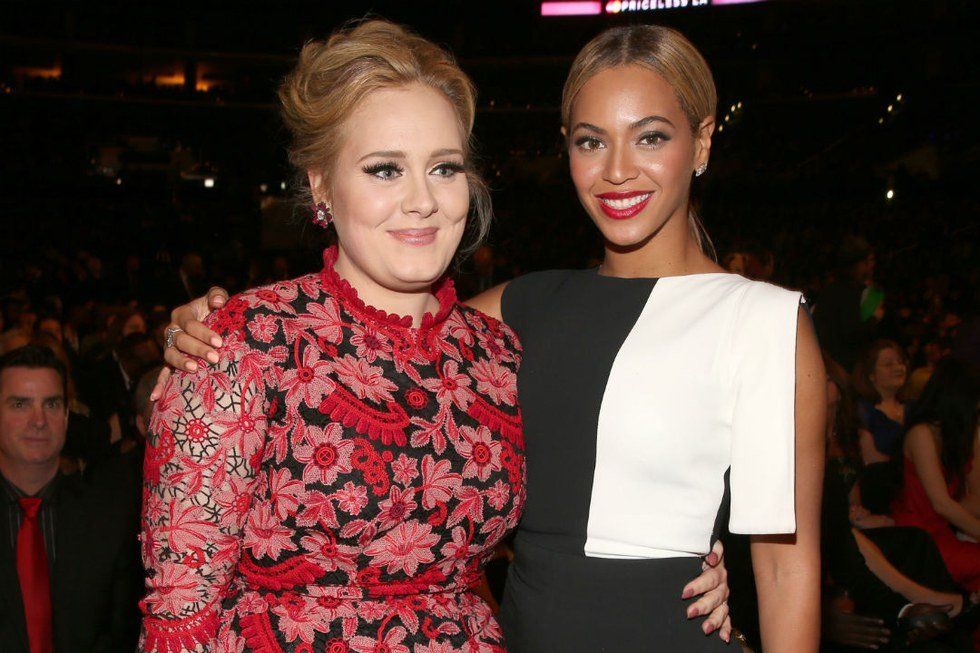Every year, the Hollywood Mafia (as I like to refer to them) shells out hundreds of millions of dollars that are dispensed across roughly ten nights per year in order to congratulate actors, actresses, singers, and other entertainers on their accomplishments. Yet, these ceremonies generally center around a very specific group of people, and it is so hard to break into these markets that there are awards for "Best New Artist," etc. But, it is no secret that the people pulling the string behind these award shows are a group of old, white people pandering to each other's sense of "authority," which literally just comes from within the room and the amount of money spent on the ceremony and has nothing to do with the quality of the work or the public's perception of it. Even in cases where fans are allowed to vote, the ballots are presented in such a way that anyone can vote as many times as they wish, so the ballots are skewed toward the celebrities with the largest active following.
So, when arguably the most socially and politically impactful album of the decade is released by a black woman, whose popularity is seemingly unprecedented, in the middle of the night with no precedented publicity, and the album sales debut at number one, only wins "Best Urban Contemporary Album" (Translation: "Best Black Album"), it really makes me wonder why people respect award shows as much as they do. Beyonce's Lemonade reached people of every facet of life in America. It had some impact in nearly every market. It told a story, and it is (in my opinion) the closest thing to artistic perfection that we will every see in our life. With this being said, why did Adele win Album of the Year?
Even Adele believed that she was undeserving and publicly recognized the bias towards white women in the entertainment industry. Her speech, going back to my previous article, is an amazing example of using her privilege to speak up for people whose voices may have come across as "angry black women," and mentioning that the album was empowering to not just women, but black women was a social and political statement that not many people expected from her, and I commend her for using that privilege.
Will "The Academy" now begin to think twice about choosing a white person over a black person for awards? Maybe. Maybe not. But without people beginning to question their decisions, these closed off rooms of people whose authority is unquestioned will never stop being anything other than exactly that.





















